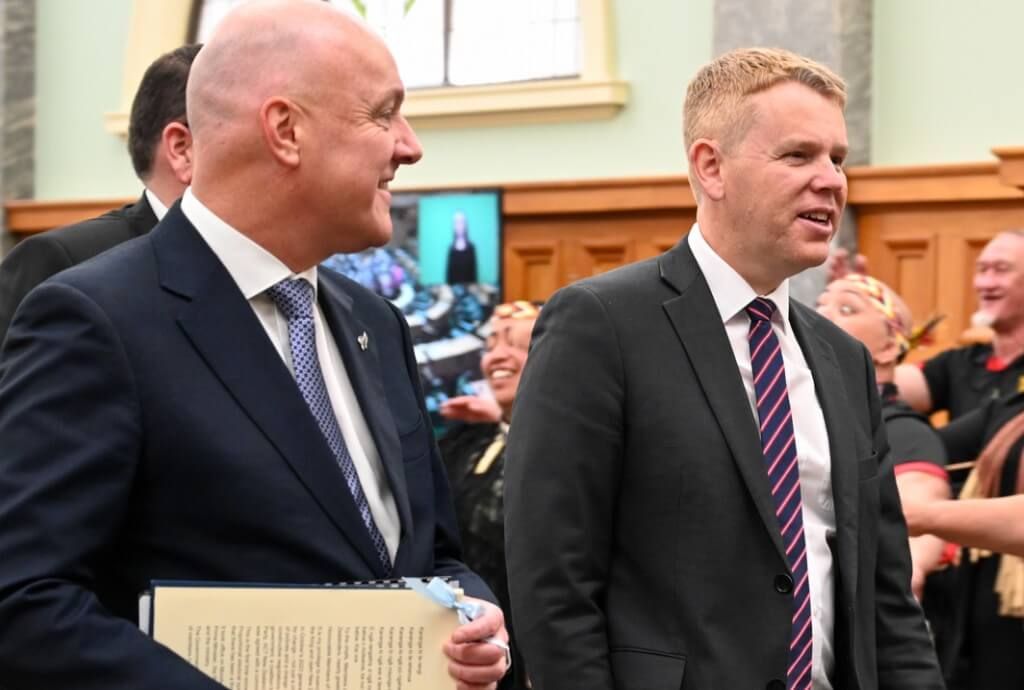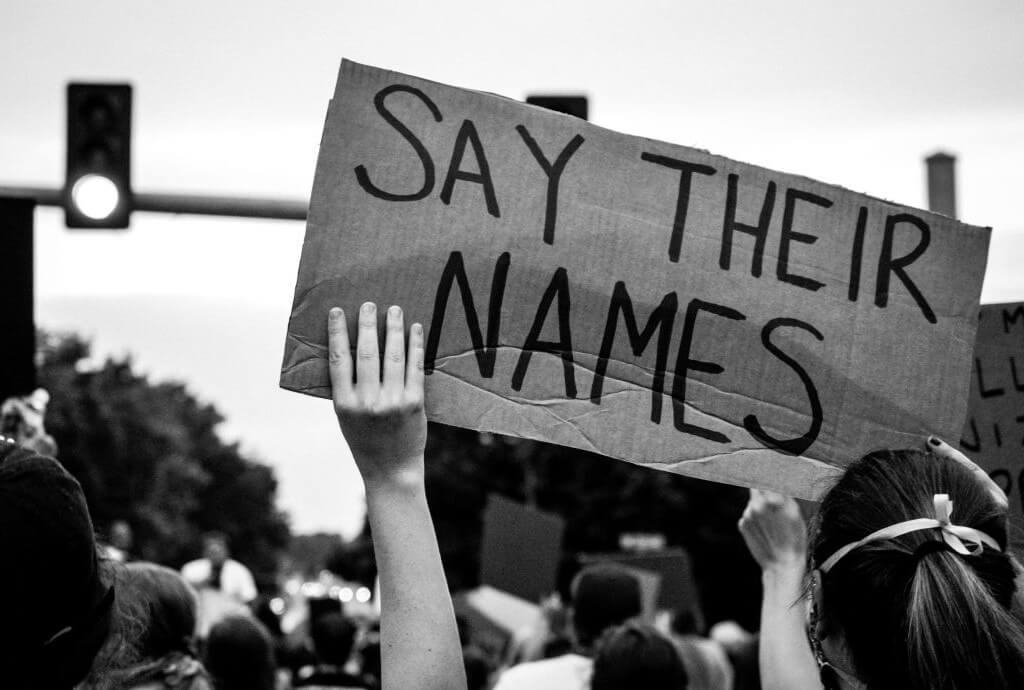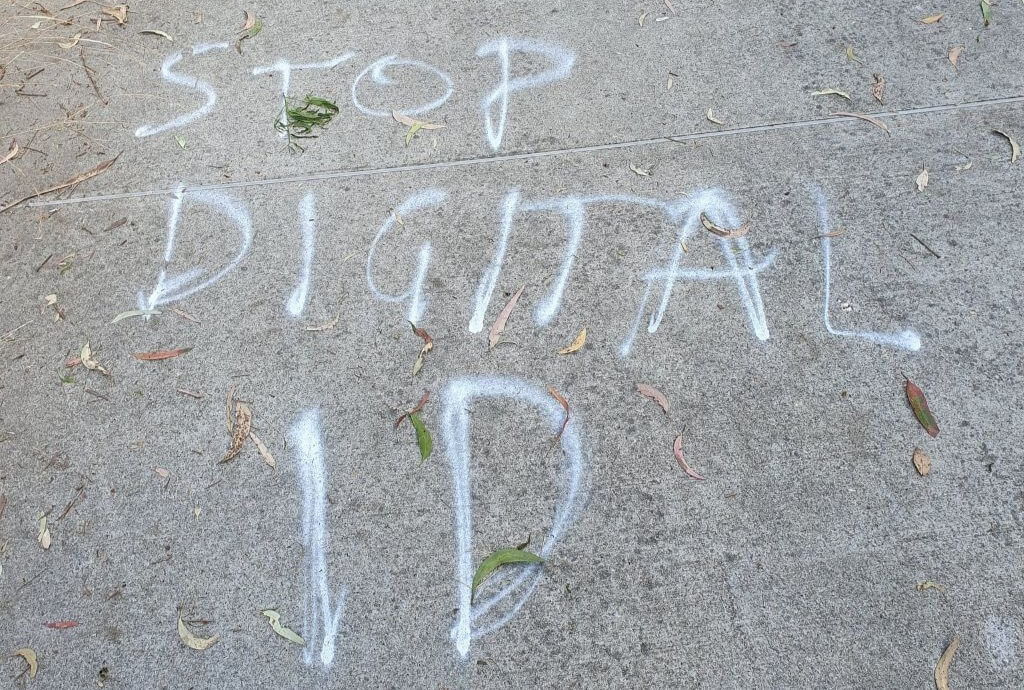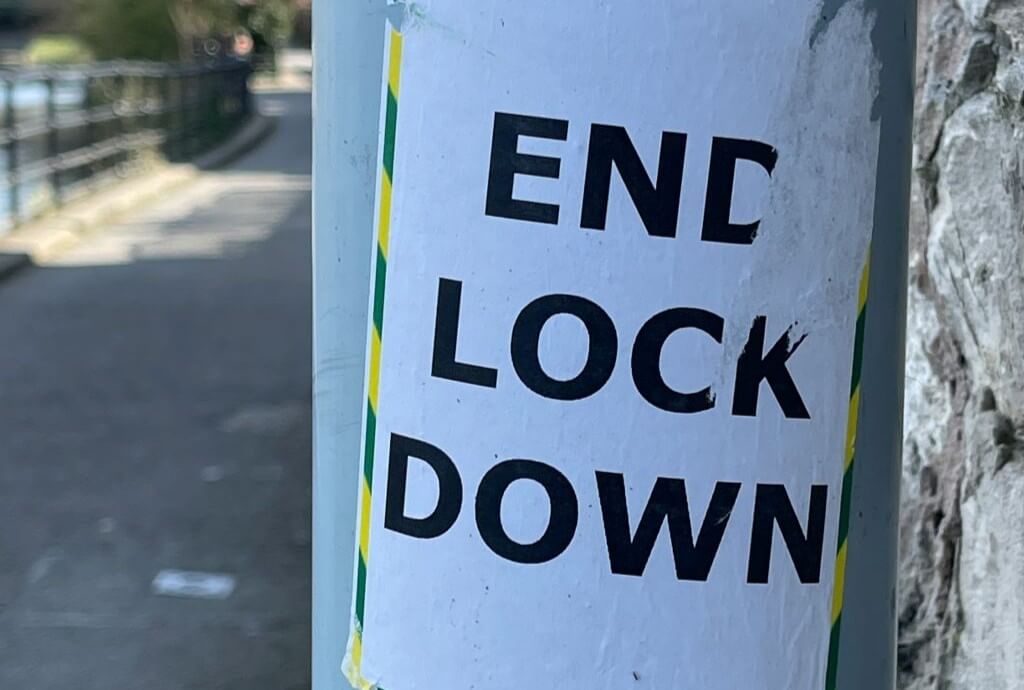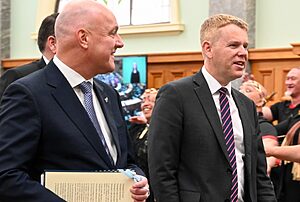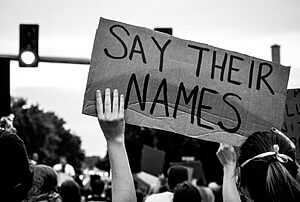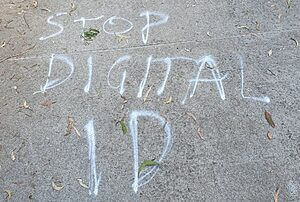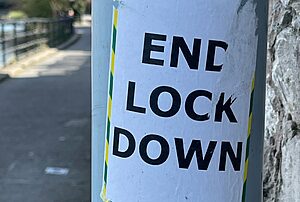Summarised by Centrist
In a small town in B.C., Canada, copies of a book challenging narratives favourable to some Indigenous people (which, in itself, is considered racist by many in media and academia) were being distributed by the mayor’s wife. The mayor ultimately denounced her actions for the sake of political correctness.
The Quesnel city council unanimously voted to denounce the book “Grave Error: How the Media Misled Us (and the Truth about Residential Schools).” The book critically examines claims that lack solid evidence of mass graves of Indigenous children allegedly killed while attending residential schools.
Indigenous Residential Schools were run by the government and operated by churches from the 1880s through much of the 20th century.
Contributors say this is a free speech issue and there is a need to confront uncomfortable truths. Opponents view the book as hurtful and disrespectful to Indigenous communities and is offensive because it supposedly downplays the harms of residential schools.
Editor’s note: Political correctness prioritises Indigenous feelings over truth, branding challenges as “wrongthink.” Similarly, in New Zealand, politically correct narratives often cast European colonists as villains and Māori as heroes, despite nuanced truths.

